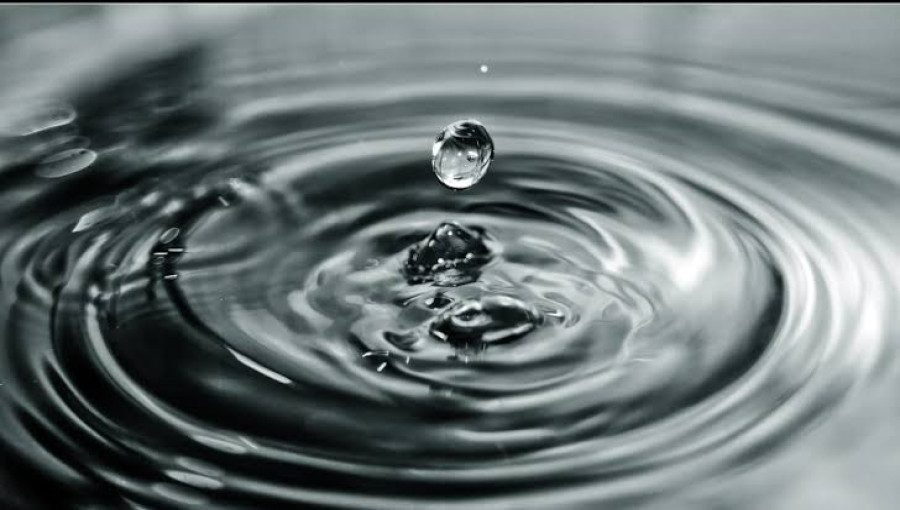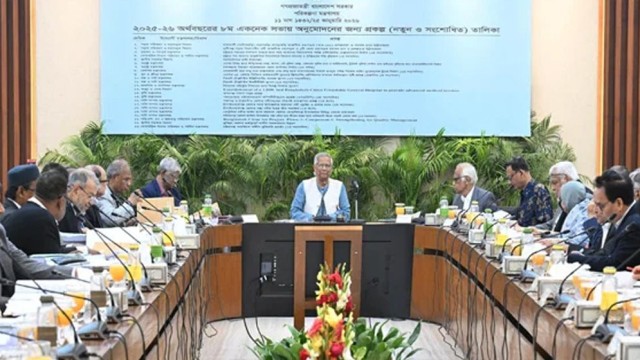Water is essential fo life, often seen as a remedy for thirst and necessary for daily health. However, the concept of drinking "100% pure water" — like distilled water — may carry hidden risks that are seldom discussed. While pure water may sound ideal, it can have life-threatening consequences if consumed as the primary hydration source, due to its lack of essential minerals and potential to disrupt the body's electrolyte balance.
Understanding Pure Water: What Is Distilled Water?
Distilled water goes through a purification process that removes all contaminants and minerals, leaving behind pure H₂O. This ultra-pure water lacks electrolytes such as calcium, magnesium, and sodium, which are critical for bodily functions. While distilled water is often used in labs or for cleaning purposes, it's not recommended for regular drinking, as recognized by the World Health Organization (WHO). According to WHO, consuming demineralized water long-term may increase the risk of health issues related to mineral deficiency.
The Dangers of Drinking Distilled Water
1. Electrolyte Imbalance and Hyponatremia Drinking large quantities of distilled water can lead to hyponatremia, a dangerous condition where sodium levels in the blood fall too low, leading to severe symptoms such as confusion, muscle spasms, seizures, and in extreme cases, coma or death. Electrolytes, including sodium, potassium, and magnesium, are vital for fluid balance and cellular function, and pure water lacks these essentials.
2. Impact on Mineral Absorption Mineral-free water, like distilled water, may also hinder the body's mineral absorption. When ingested, distilled water can leach minerals from bones, teeth, and tissues in an attempt to achieve equilibrium, potentially leading to conditions such as osteoporosis over time.
3. Nutrient Deficiency Essential minerals like calcium and magnesium are vital for bone health, energy production, and muscle function. Relying solely on pure water for hydration could result in nutrient deficiencies, manifested as fatigue, cramps, weakened bones, or even cardiovascular complications. Drinking mineral-rich water helps prevent these issues by naturally supplementing the body's needs.
Not All Water is Equal: Why Minerals in Drinking Water Matter
Human bodies are adapted to thrive on water with natural minerals, which support biological processes, especially maintaining cellular health, nerve function, and muscle activity. Tap water, spring water, and many bottled waters contain these beneficial minerals. In contrast, distilled water lacks these essential nutrients.
Is Distilled Water Ever Safe?
Small amounts of distilled water are safe for temporary use, especially in emergency situations. However, it’s not recommended for daily, long-term consumption. Those who drink distilled water should consider balancing their diet with electrolyte-rich foods or beverages to maintain proper mineral levels.
Conclusion: Pure Water Isn't Purely Beneficial
While “pure” water sounds appealing, distilled water lacks the essential nutrients needed for optimal health. Drinking only pure water can pose risks, including electrolyte imbalances and mineral deficiencies. Health experts, including the WHO, advise drinking mineral-containing water for routine hydration. Next time you reach for water, remember — the purest option may not always be the healthiest.
References
1. World Health Organization. Nutrients in Drinking Water.
2. Mayo Clinic. Hyponatremia - Symptoms and causes.
3. National Institutes of Health. Electrolyte Imbalance and Health Risks.
4. Heaney, R.P., et al. Effects of Demineralized Water on Mineral Balance.
5. Centers for Disease Control and Prevention. Safe Water and Hydration































Comment: